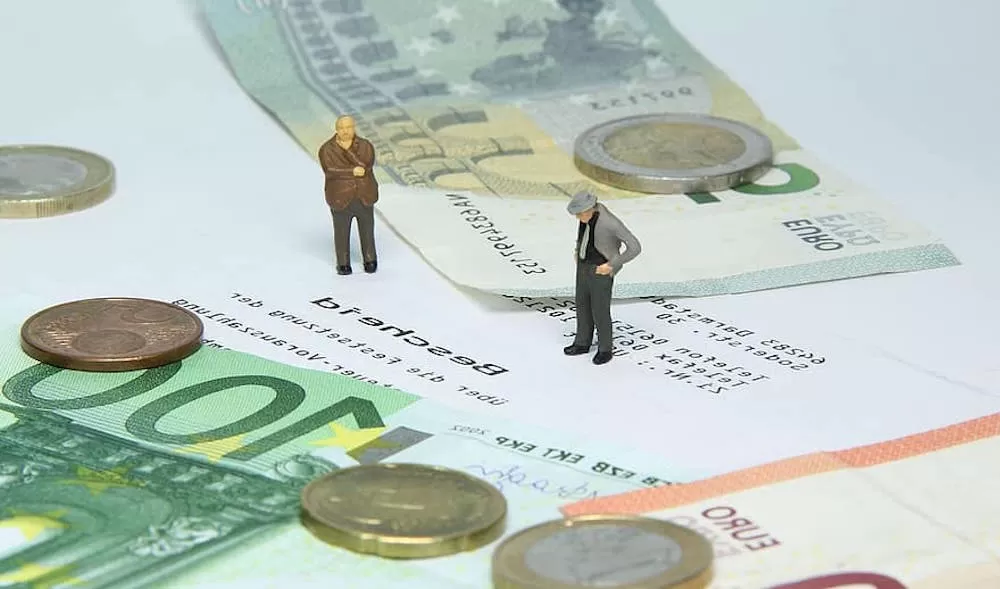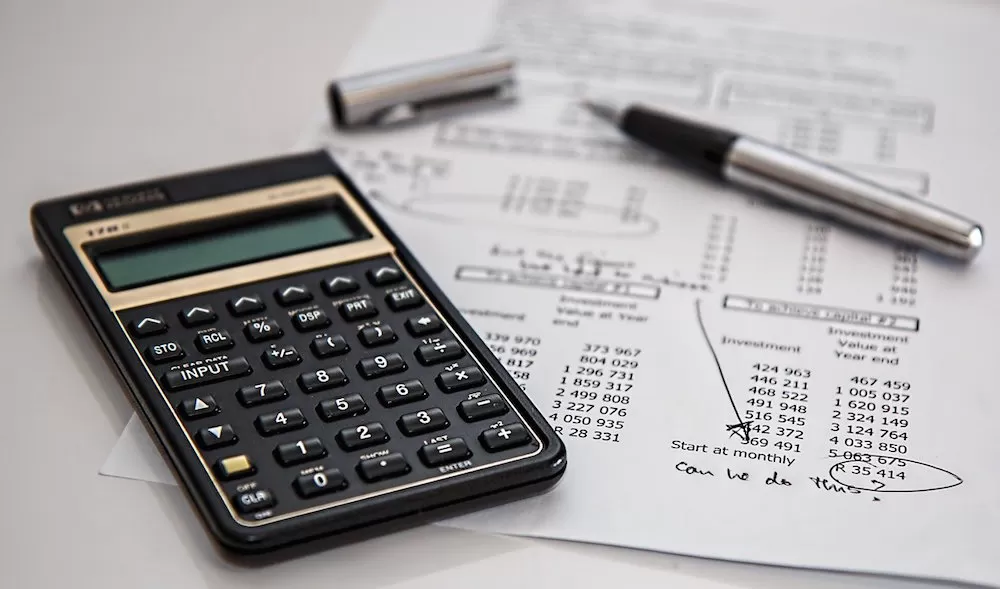
The very first thing you should know about The UAE is that they do not impose an income tax on their citizens and residents. This means whatever you earn here, you get to save up, spend, and enjoy in totality. There are no rates to correspond to the annual salary you earned that you have to follow. No income tax returns to file every year. Nothing! It's this reason why many people go and move here. Because without the income tax, you get to save and spend more of your money to your heart's content.
However, the very simple tax system of The UAE will only apply to you if you've become a legal tax resident of the country. If you simply moved to The UAE without getting either legal residency or citizenship, you're still liable under the tax system of your own country. And The UAE recognizes that since they've entered into double tax treaties with a number of countries. they include Algeria, Austria, Belarus, Belgium, Bosnia and Herzegovina, Canada, China, Czech Republic, Egypt, Estonia, Finland, France, Germany, India, Ireland, Italy, Lebanon, Luxembourg, Malaysia, Malta, Montenegro, Netherlands, New Zealand, Panama, Philippines, Poland, Portugal, Romania, Serbia, Singapore, Spain, Sri Lanka, Switzerland, Syria, Tajikistan, Thailand, Tunisia, Turkey, Ukraine, Venezuela, Vietnam, Yemen, and more.

If you've come to Dubai and you realize that you have to pay a bit more than you initially thought, that's because you have to pay the tourist tax. Yes, the country imposes its own tax on tourists since they welcome millions of visitors each year. The tax isn't that big and is already added to your hotel bill, food bills, and the like. It's through this tax that The UAE can get away with not imposing an income tax on its many citizens and residents while still maintaining its advanced first-class status in the region.
Slightly similarly is the Value Added Tax. With Dubai being the luxury mecca that it is today, it makes sense that The UAE imposed a VAT to many of the goods you can buy here. They just introduced it back in 2018 and is now instituted at a federal level, meaning everywhere you go in The UAE, you'll be paying taxes on various items you buy. But don't worry, because while in other countries, the rate varies, here it's at a flat 5%. And there are even some exceptions too such as food items, medicine, educational resources, petroleum products, social services, and bicycles too.

Rental tax is also imposed in many Emirates in The UAE. The rate differs from Emirate to Emirate, but the difference from each one isn't that big at all. For instance, in Dubai, the rental tax is at 5% and it's already added to the rental bills for many tenants in the city. Meanwhile, in Abu Dhabi, the rental tax rate is at 3% but it's only imposed on foreign residents. Citizens don't have to pay rental tax at all in this part of the country. And in Sharjah, the rental tax rate for all residents is only at 2%.
And finally, when you buy property from someone else or when you sell your property to a new resident, you have to pay the property transfer tax. The rate for this tax, too, varies by Emirate, but it is at 4% in Dubai. And in other Emirates, at times, citizens don't have to pay this tax either. Normally, both the seller and buyer of the property shoulder this tax. For fairness, both have to contribute their fair share for the tax. However, more often than not, buyers pay for it themselves as part of the total payment for the property.

Getting to know the tax system of The UAE is easy and simple because they don't impose a lot of them on their citizens and residents. The country has other ways of earning money into maintaining its status as a powerhouse country both in the region and the world.
Since you don't have to pay a lot of taxes whilst here, you can always go for a luxurious UAE apartment as your next home here. You'll afford it more now!